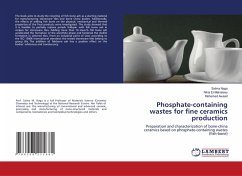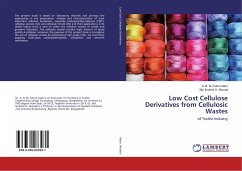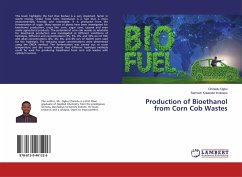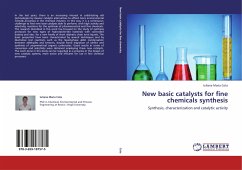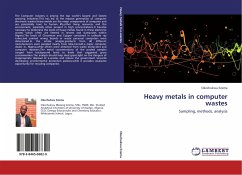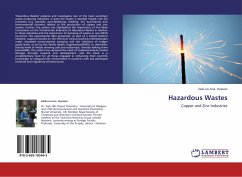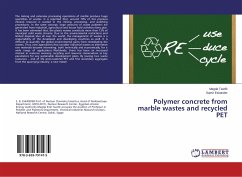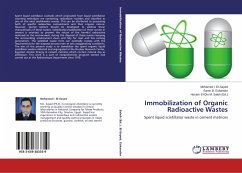The book aims to study the recycling of fish bone ash as a starting material for manufacturing stoneware tiles and bone China bodies. Additionally, the effects of adding fish bone on the physical, mechanical and thermal properties of the final products were investigated. The study showed that it is feasible to partially replace potash feldspar with fish bone ash in recipes for stoneware tiles. Adding more than 10 mass-% fish bone ash accelerated the formation of the anorthite phase and hindered the mullite formation in sintered tiles. From an industrial point of view according to the ISO 13006 international standard, the tested stoneware tiles belong to group BIa. The addition of fishbone ash has a positive effect on the bodies' whiteness and translucency.
Bitte wählen Sie Ihr Anliegen aus.
Rechnungen
Retourenschein anfordern
Bestellstatus
Storno

